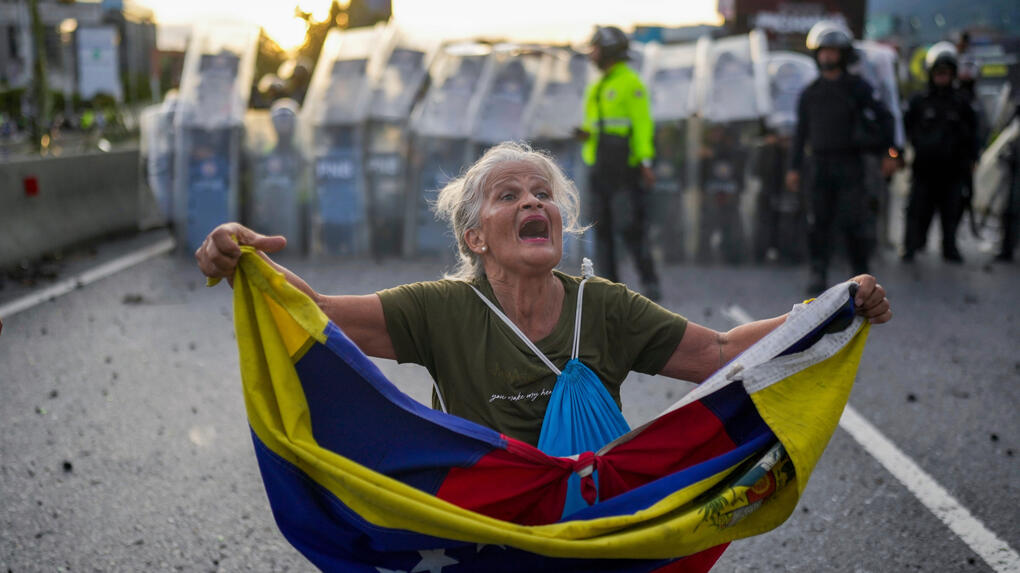What's happening in Venezuela?
Learn about what's happening currently in Venezuela, and how to help
Crisis
The socioeconomic and political crisis in Venezuela started under Hugo Chávez's presidency and has deteriorated further under Nicolás Maduro. The country has been grappling with severe hyperinflation, increasing hunger, widespread disease, rising crime, and higher mortality rates. These dire conditions have forced many Venezuelans to flee their homeland in search of better lives elsewhere.
Background
Hugo Chávez came to power in 1998, promising to uplift the poor and redistribute wealth. His early years saw the launch of social programs aimed at reducing poverty and improving education and healthcare. He also pushed through a new constitution in 1999 that significantly increased presidential powers, setting the stage for his vision of a socialist Venezuela.Chávez’s government heavily relied on oil revenues to fund its ambitious social programs, nationalizing the oil industry in 2007. Initially, these policies brought some success, with notable improvements in literacy rates, healthcare access, and poverty reduction.
Despite early gains, Chávez’s extensive price controls and nationalizations began to backfire, causing economic inefficiencies and widespread corruption. The economy struggled, and inflation started to rise significantly.The healthcare system, which initially saw improvements, began to suffer from lack of investment and poor management. Meanwhile, crime rates soared, and corruption became endemic within both the government and public services.
When Nicolás Maduro took over after Chávez’s death in 2013, the economic situation deteriorated rapidly. Venezuela experienced one of the worst hyperinflation crises in history, with the currency losing almost all its value. This led to severe shortages of basic goods, including food and medicine.Mass protests erupted against Maduro's government, which responded with violent crackdowns and repression of political opponents. His 2018 re-election was widely disputed because of electoral fraud, further deepening the political crisis.
As the crisis deepened, starvation and malnutrition became widespread, affecting millions of Venezuelans. Desperate for better living conditions, millions fled the country, seeking refuge in neighboring nations.The collapse of the healthcare system led to outbreaks of previously controlled diseases such as malaria and diphtheria, compounding the humanitarian disaster.
In response to the crisis, various countries imposed sanctions on Venezuela, targeting key figures in Maduro's government and the vital oil industry. Despite international efforts to deliver humanitarian aid, the government often blocked these initiatives, worsening the suffering of ordinary Venezuelans.
